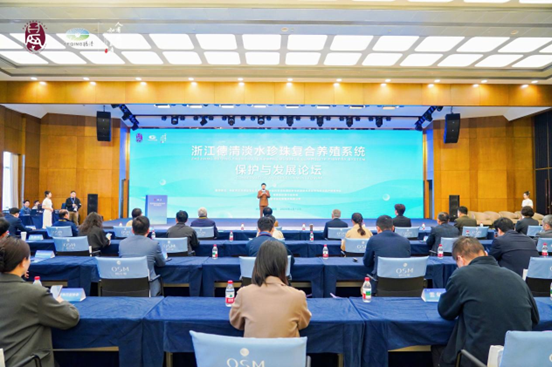
What is Building Consensus?
Building consensus is a process of reaching an agreement or decision that is widely accepted and agreed upon by all members of a group. It involves the active participation of all members and the consideration of all viewpoints and perspectives.
Why is Building Consensus Important?
Building consensus is important because it promotes cooperation, collaboration, and teamwork. It helps to ensure that all members of a group feel heard and valued, and that decisions are made in the best interest of the group as a whole.
What are the Strategies for Building Consensus?
1. Active Listening: This involves listening to and considering all viewpoints and perspectives, and acknowledging the validity of each one.
2. Open Communication: Encouraging open and honest communication between all members of the group and creating a safe space for discussion.
3. Consensus Building Techniques: These include brainstorming, compromise, and negotiation, to ensure that all members of the group are involved in the decision-making process.
4. Respectful Debate: Encouraging respectful debate and discussion, where all members are free to express their opinions, but also willing to listen to and consider the opinions of others.
5. Clear Decision-Making Process: Having a clear decision-making process in place, where all members are aware of the steps involved in reaching a decision, and have the opportunity to provide input and feedback.
What are the Benefits of Building Consensus?
1. Improved Decision Making: When all members of a group are involved in the decision-making process, the decision made is more likely to be well-informed and effective.
2. Increased Cooperation: Building consensus promotes cooperation and collaboration, which can lead to stronger relationships and better outcomes.
3. Enhanced Creativity: By considering all viewpoints and perspectives, new and innovative ideas can emerge, leading to better solutions and outcomes.
4. Greater Accountability: When all members of a group are involved in the decision-making process, they are more likely to feel accountable for the outcome, which can lead to increased commitment and dedication to the task at hand.
Conclusion
Building consensus is a valuable skill for effective decision-making and group management. By using the strategies outlined above, groups can work together to reach decisions that are well-informed, effective, and widely accepted by all members.
 中小企业网
中小企业网




